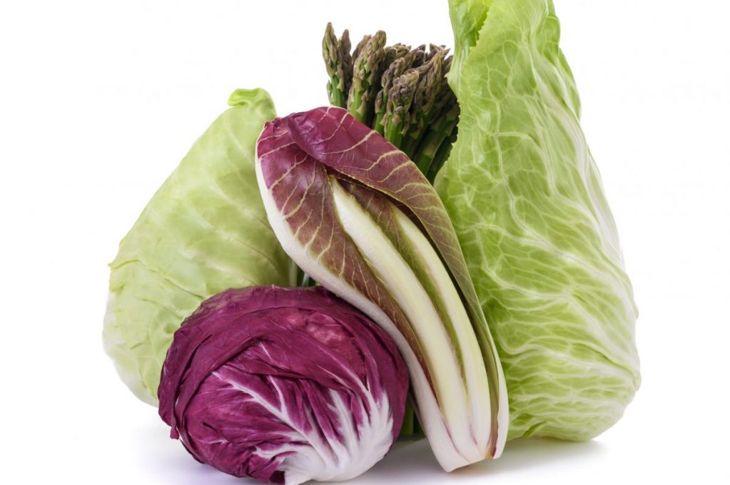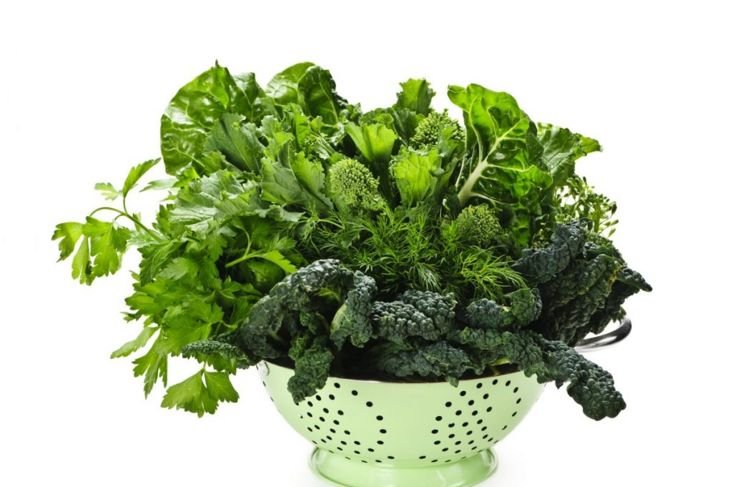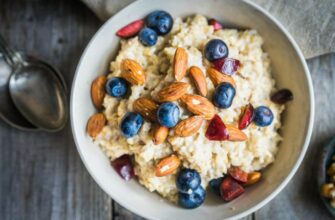Rheumatoid arthritis (RA) is a chronic inflammatory disease affecting about 1% of people around the world. This debilitating condition drastically reduces the quality and length of life. Researchers hypothesize about a “gut-joint axis,” whereby conditions in the gastrointestinal tract impact the onset and progress of RA. Studies indicate certain changes in gut microbiota are responsible for RA. People who want to prevent or treat the symptoms of the disease may benefit from consuming foods that promote gut health. While there is no official arthritis diet, most clinicians agree these foods are especially helpful for fighting the disease.
Fish
Some seafood is rich in omega-3 fatty acids, which fight inflammation. In a 2017 study in Arthritis Care and Research, researchers observed an inverse correlation between fish consumption and RA disease activity. The Academy of Nutrition and Dietetics recommends consuming three to four ounces of fish twice weekly. Several studies also suggest that fish oil supplements may help reduce joint pain and swelling, morning stiffness, and disease progression among individuals with RA. The best seafood sources for an arthritis diet are cold-water fish such as salmon, sardines, fresh tuna, anchovies, and scallops. Consuming 600 to 1,000 mg of fish oil every day appears to alleviate RA symptoms.
Sulfur-Rich Foods
Sulfur is a natural source of methylsulfonylmethane (MSM), which has demonstrated a remarkable ability to curb joint inflammation and pain. The Arthritis Foundation states that MSM exerts an analgesic effect on the body by muting nerve impulses that transmit pain. Asparagus, garlic, and onions contain high amounts of sulfur, as well as cruciferous vegetables such as broccoli, bok choy, cabbage, and cauliflower.
Greens
Some research suggests free radicals, the byproducts of physiological processes, play a major role in the development of RA. Dark green leafy vegetables provide generous servings of antioxidants to help protect cells from damaging free radicals. Greens also contain a rich supply of calcium to strengthen bones. Kale, Swiss chard, collards, and spinach carry copious nutrients that strengthen the immune system, bones, and blood as well.
Citrus
Citrus fruits contain anti-inflammatory compounds, contrary to the myth that they have acids that promote inflammation. This food is an excellent source of antioxidants such as vitamin C, which helps the body produce collagen, a vital component of bones. However, grapefruit may interact with some medications that treat arthritis, high blood pressure, and heart problems.
Juices
Fruit and vegetable juices and teas can be a refreshing addition to an arthritis diet. Citrus, tomato, carrot, and pineapple juice provide plenty of antioxidants that mitigate the effects of oxidative stress. Tart cherry juice is rich in anthocyanins that fight inflammation, with clinical studies that support its reputation for reducing gout and other RA symptoms. Drink juices in moderation, however, as they tend to be high in sugar and carbohydrates. Avoid drinks with added sweeteners and flavorings. Black, green, and white teas contain compounds that deter cartilage deterioration. These phytochemicals also help inhibit RA joint damage. Green tea has the antioxidant epigallocatechin 3-gallate, which appears to be 100 times more potent than vitamins C and E.
Nightshade Vegetables
Nightshade vegetables include tomatoes, eggplants, peppers, and potatoes. Some people recommend avoiding these foods because they contain solanine, a chemical linked to arthritis pain. However, according to the Arthritis Foundation and the Cleveland Clinic, no scientific research proves that nightshade plants aggravate RA symptoms. These vegetables are excellent sources of nutrients worth including in an arthritis diet, though it may be worth speaking to a physician before increasing intake.
Beans and Nuts
Legumes are a rich source of protein and compounds that combat oxidative stress and inflammation. Beans such as pinto and kidneys also help protect the immune system. Walnuts, almonds, pine nuts, and pistachios contain fats, vitamins, and minerals that lower levels of C-reactive protein (CRP), a marker of inflammation.
Oils
Some plant oils can boost an arthritis diet with antioxidant and anti-inflammatory benefits. Healthy unsaturated fats help lower joint pain and CRP levels. Olive oil provides polyphenols associated with reduced RA joint damage. Grapeseed and avocado oils contain vitamin E, which fights inflammation and helps stimulate the growth of cartilage cells. The polyunsaturated fatty acids in walnut oil can reduce inflammation and strengthen the cardiovascular system.
Fasting and Vegan Diet
For some people, fasting and plant-based diets are beneficial to managing RA. A study in Clinical Rheumatology reports suppression of RA symptoms in participants who decreased food intake for a short period and adopted a vegan diet afterward. These individuals had limited nutrient supplementation with vegetable juice during their fasting period, followed by a year of a vegan diet. They experienced significantly less joint swelling and pain, CRP levels, and erythrocyte sedimentation rate, which is related to inflammation.
What Not to Eat
People with RA should avoid foods that suppress immunity and trigger inflammation, as these may intensify symptoms and promote the onset of other ailments. Limit or eliminate these foods that research links to compromised immunity, weight gain, joint swelling, and pain:
- MSG
- Refined sugar
- Artificial sweeteners such as aspartame, saccharin, sucralose, sorbitol, and acesulfame K
- Hydrogenated oils and trans fats
- High omega-6 oils
- Heavily processed, gluten-heavy grains
Avoiding these foods and increasing intake of wholesome foods may also help individuals lose weight, which in turn relieves stress on bones and joints.

 Home
Home Health
Health Diet & Nutrition
Diet & Nutrition Living Well
Living Well More
More




















